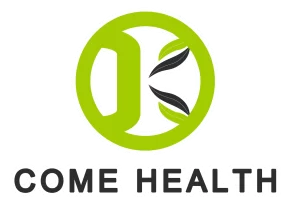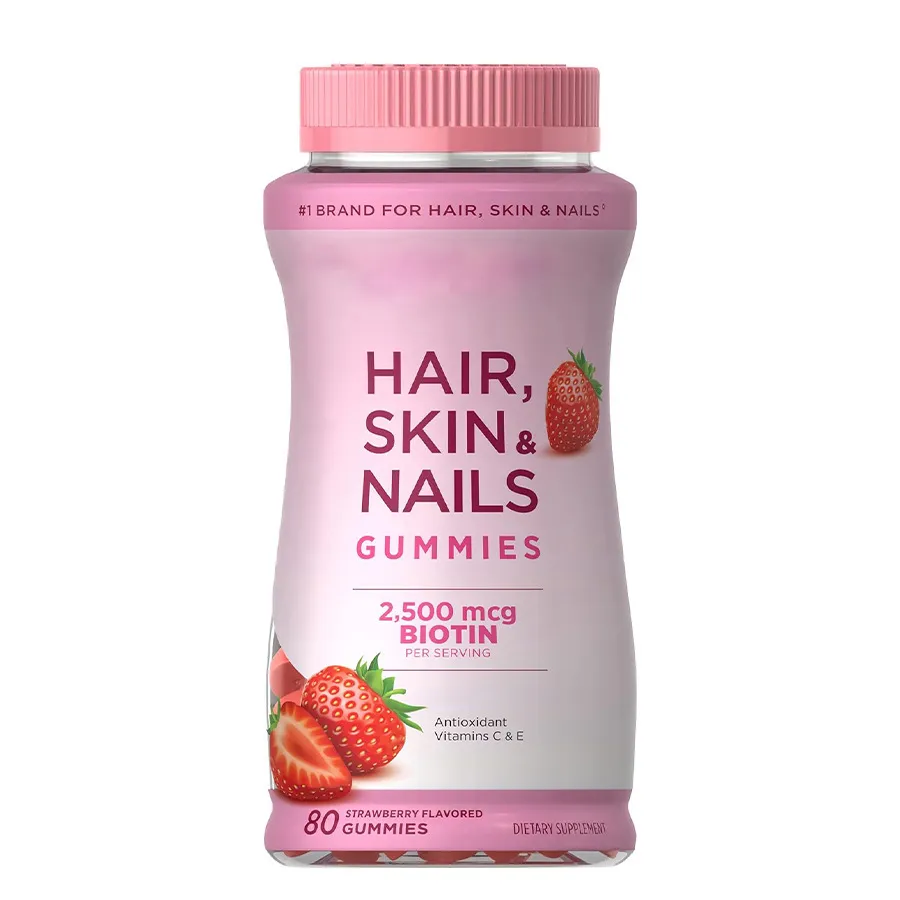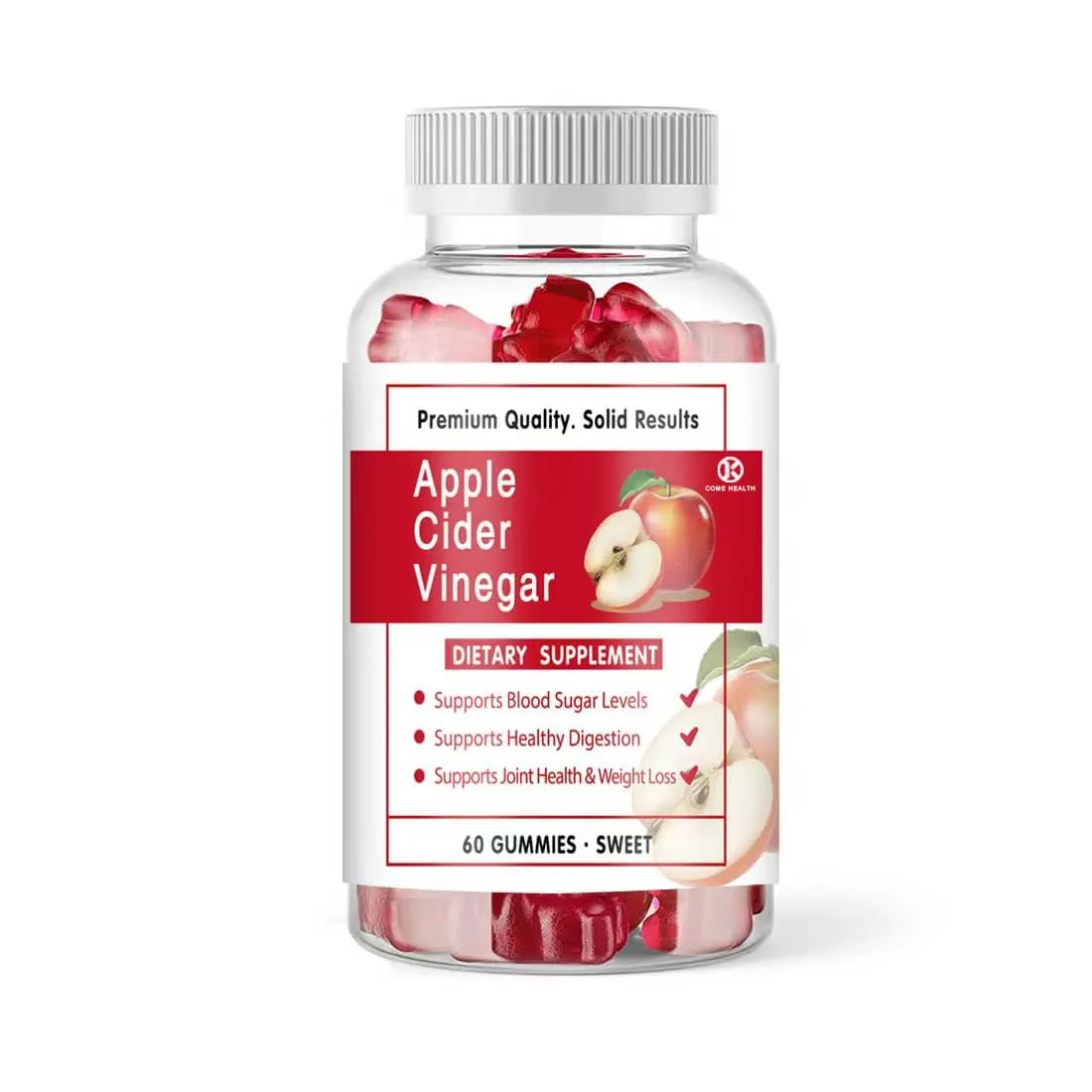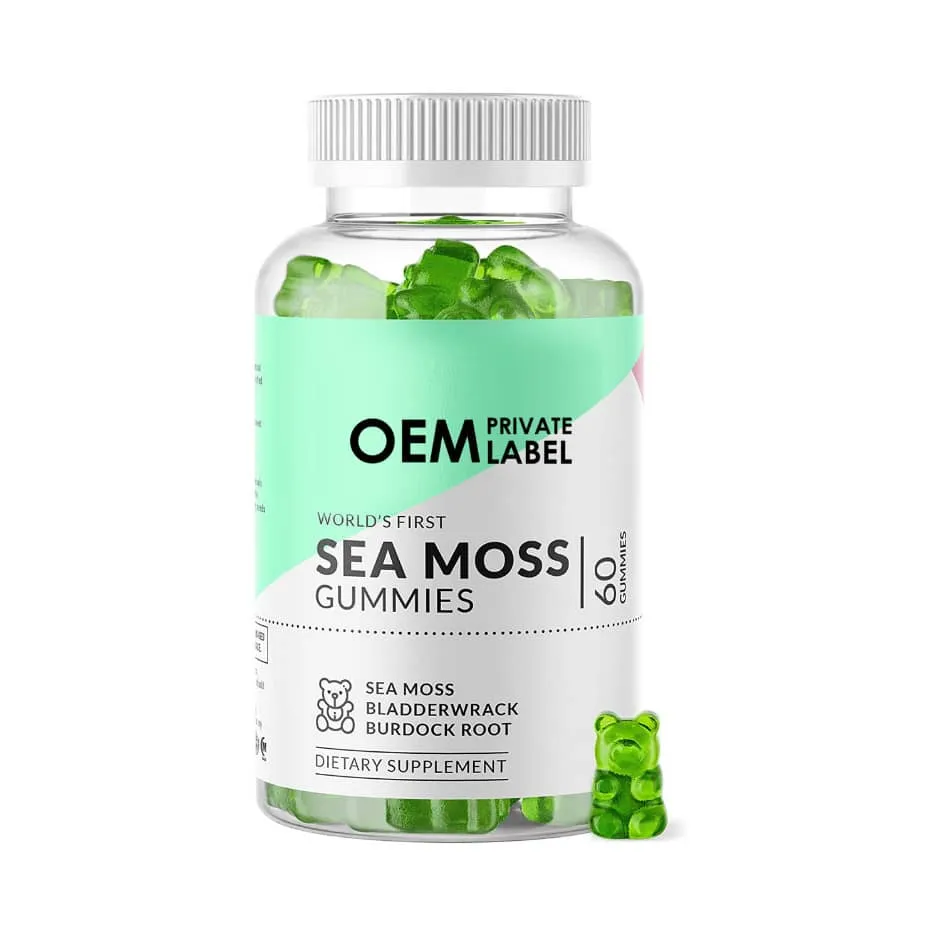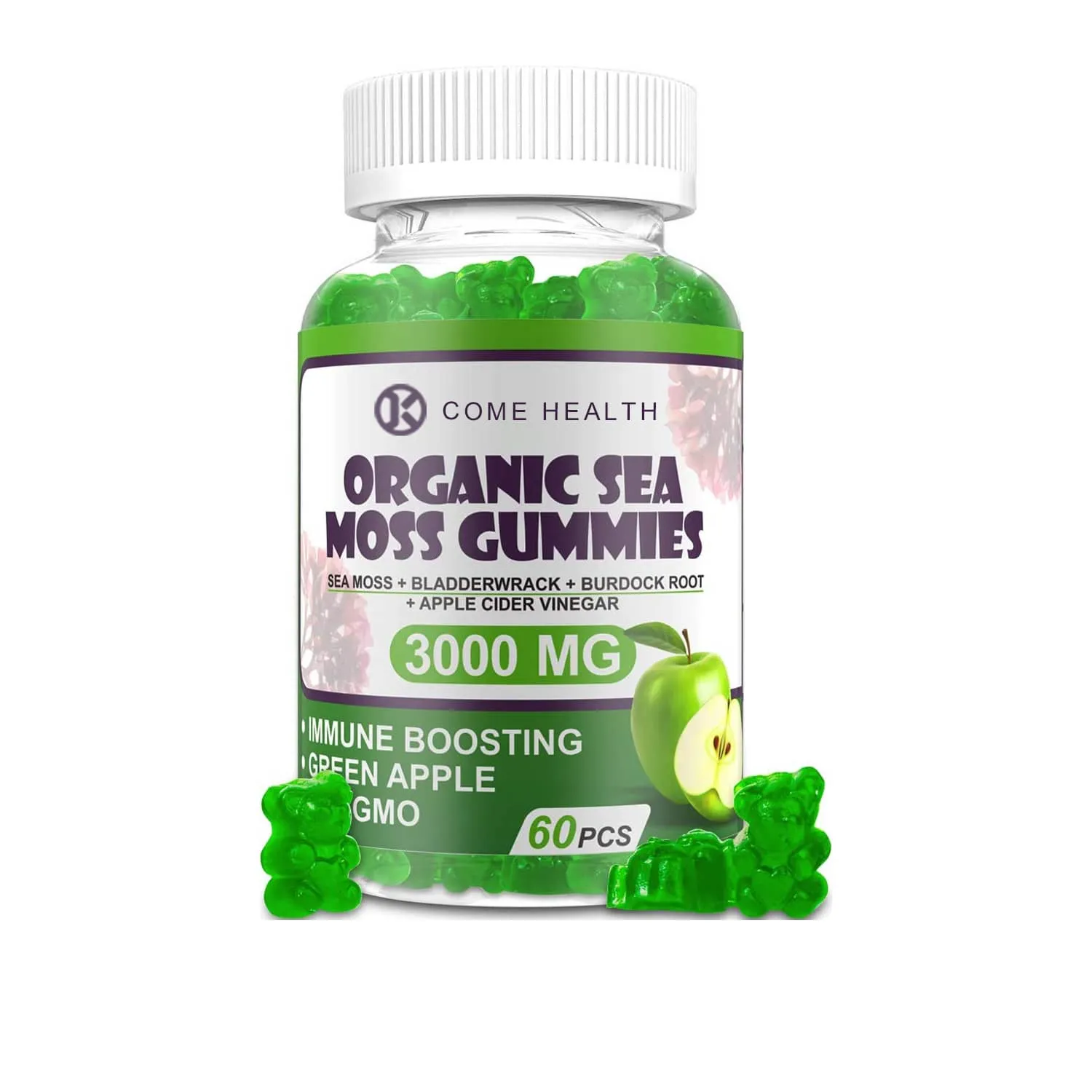
Значение коллагена и возможности для бизнеса
Коллаген является самым распространенным белком в организме человека и составляет почти 30% от общего количества белка в человеческом теле. Коллаген присутствует преимущественно в коже, костях, связках, хрящах и т.д. и выполняет множество функций, таких как эластичность кожи, укрепление костей, смазка суставов и укрепление структуры тканей. С ростом осведомленности масс о здоровье и красоте коллагеновые добавки становятся одним из самых быстрорастущих продуктов для здоровья на международных рынках.
Однако по мере того, как конкуренция на рынке становится все более жесткой, владельцам брендов добавок становится особенно важно, как выбрать правильный тип и источник коллагена. В этой статье мы подробно рассмотрим различные виды коллагена, источники и способы выбора наиболее подходящего коллагена, чтобы помочь компаниям получить конкурентное преимущество в этой области.
Различные виды коллагена
Коллаген - это не один ингредиент, а множество его видов. Все коллагены имеют разные цели и задачи в организме человека. Каждому предприятию необходимо выбрать правильный тип при создании продуктов в соответствии с целевым рынком и потребностями потребителей.
- Коллаген I типа: содержится в основном в коже, костях, связках и сухожилиях. Наиболее распространенная и активная форма коллагена, выполняющая значительные функции по повышению эластичности кожи, сокращению морщин и укреплению костей. Подходит для антивозрастных и дерматологических рецептур.
- Коллаген II типа: содержится главным образом в суставном хряще, может облегчить боль в суставах и способствовать их восстановлению. Подходит для разработки добавок для здоровья суставов и уменьшения их воспаления.
- Коллаген типа III: обычно появляется с коллагеном I типа, который в основном используется для поддержания здоровья кожи и кровеносных сосудов, а также помогает повысить прочность и эластичность кожи.
- Коллаген типов V и X: В основном распределяется в плаценте, глазах и костях, поддерживая структуру кожи и здоровье костей, и редко используется в рыночных продуктах.
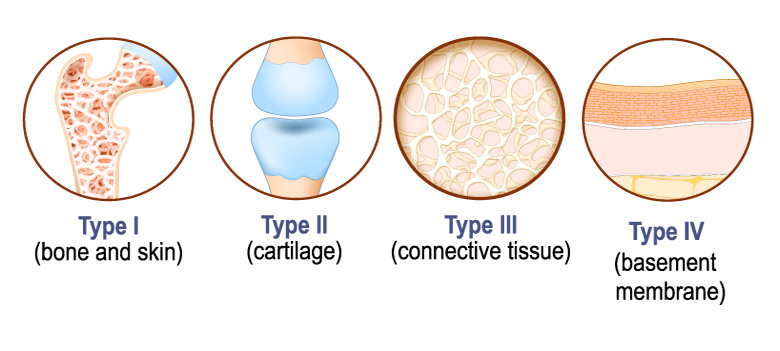
Выбор источников коллагена
Источник коллагена напрямую влияет на его качество, функциональность и позиционирование на рынке. Ниже перечислены несколько распространенных источников коллагена:
Бычий коллаген (говядина)
- Основные характеристики: Бычий коллаген состоит в основном из коллагена I и III типов, что позволяет использовать его в диетических добавках для кожи, костей и суставов. Он обладает прекрасными антивозрастными свойствами и хорошо подходит для продуктов, укрепляющих кожу и кости.
- Преимущества: Экономичный, легкодоступный, идеально подходит для массового производства.
- Применяемые продукты: антивозрастной, суставной, повышающий плотность костей и т.д.
Свиной коллаген (свинина)
- Основные характеристики: Свиной коллаген в основном состоит из коллагена II типа, который лучше всего подходит для восстановления суставов и костей. Он более распространен, поэтому его стоимость относительно ниже по сравнению с другими.
- Преимущества: Экономичная, стабильная поставка, подходит для экономичного рынка.
- Применяемые продукты: здоровье суставов, средства для укрепления костей и т.д.
Морской коллаген (хрящи рыб и акул)
- Основные характеристики: Морской коллаген отличается высоким содержанием коллагена I типа, высокой биодоступностью и легко усваивается человеческим организмом. Рыбный коллаген особенно показан для ухода за кожей и антивозрастных процедур.
- Преимущества: Быстрая скорость впитывания, значительный эффект, особенно при уходе за кожей, имеет широкий спектр применения.
- Применяемые продукты: Антивозрастные, восстанавливающие кожу, поддерживающие блеск и т.д.
Куриный коллаген (стернальный хрящ, мембрана яичной скорлупы)
- Основные характеристики: Куриный коллаген содержит в основном коллаген II типа, который подходит для восстановления суставов, например, коллаген хряща грудины курицы и коллаген мембраны яичной скорлупы, которые отлично влияют на улучшение здоровья суставов и эластичность кожи.
- Преимущества: Он эффективно снимает воспаление суставов и повышает эластичность кожи.
- Применяемые продукты: восстановление суставов, прочность костей, повышение эластичности кожи.
Абсорбция и биодоступность коллагена
Скорость усвоения коллагена напрямую влияет на его воздействие. Обычно используются пептиды коллагена и гидролизованный коллаген. Они имеют меньший молекулярный вес и быстрее усваиваются организмом, что позволяет достичь большей эффективности.
- Гидролизованный коллаген: Коллаген после гидролиза быстро усваивается человеческим организмом, особенно подходит для тех продуктов, которые должны реагировать в течение короткого периода времени.
- Пептиды коллагена: Пептиды коллагена - это пептиды с меньшим размером молекулы, поэтому они легко всасываются и перевариваются, повышая тем самым биодоступность коллагена и идеально подходя для продуктов, требующих долгосрочных результатов.


Выбирайте типы коллагена в соответствии с различными потребностями
У разных покупателей разные потребности в здоровье. Выбирая коллаген, компаниям необходимо создавать формулы своих продуктов в соответствии с потребностями целевого потребителя.
- Здоровье кожи: Применяйте морской или бычий коллаген с высоким содержанием коллагена I типа для повышения эластичности и сияния кожи и антивозрастных функций.
- Здоровье суставов: Наиболее подходящим является коллаген II типа, а куриный или свиной коллаген способен облегчить боль в суставах и восстановить их.
- Здоровье костей: Применяйте комбинацию коллагена I и III типов для увеличения плотности и прочности костей и снижения остеопороза.
- Спортивное восстановление: Гидролизованные пептиды коллагена хорошо усваиваются и стимулируют восстановление мышц и мягких тканей.

Другие соображения для владельцев брендов коллагеновых добавок
Тенденции рынка и предпочтения потребителей
Поскольку потребители все чаще требуют натуральных, эффективных и экологичных продуктов, рынок коллагеновых добавок трансформируется в сторону экологичности и устойчивости. Компании должны учитывать тенденции рынка и производить коллагеновые продукты в соответствии с запросами потребителей.
Стоимость и масштабируемость
Выбор подходящего источника коллагена требует не только учета стоимости, но и обеспечения стабильной цепочки поставок и производства продукции в масштабах компании. Коллаген из разных источников может сильно отличаться по стоимости, поэтому компании необходимо тщательно продумать этот вопрос.
Другие ингредиенты
Эффективность коллагена также может быть повышена за счет добавления других веществ, таких как витамин С (для стимуляции выработки коллагена) или гиалуроновая кислота (для увлажнения). Эти вещества можно смешивать с коллагеном для создания продуктов, более привлекательных для потребителей на рынке.
Соответствие нормативным требованиям
В зависимости от страны и региона существуют различные законодательные требования к коллагеновым добавкам, и соблюдение нормативных требований в конкретном регионе - это первый шаг, который должны сделать компании.

Сотрудничайте с Comehealth для производства ваших коллагеновых добавок
Comehealth Group не только обеспечивает творческую поддержку и разработку формул для компаний, но и предоставляет комплексные услуги по производству коллагеновых добавок.
- Творческая и формульная поддержка: Мы поможем вам разработать индивидуальные формулы коллагена на основе рыночного спроса, чтобы ваша продукция соответствовала последним тенденциям в области здравоохранения.
- Услуги по производству и упаковке: Comehealth располагает передовым производственным оборудованием и профессиональной командой дизайнеров упаковки, чтобы помочь вам создать высококлассные и персонализированные коллагеновые добавки.
- Контроль качества и соответствие требованиям: Наш производственный процесс строго соответствует международной системе управления качеством, что гарантирует соответствие каждой партии продукции высоким стандартам и нормативным требованиям различных стран.

Связаться с COME HEALTH
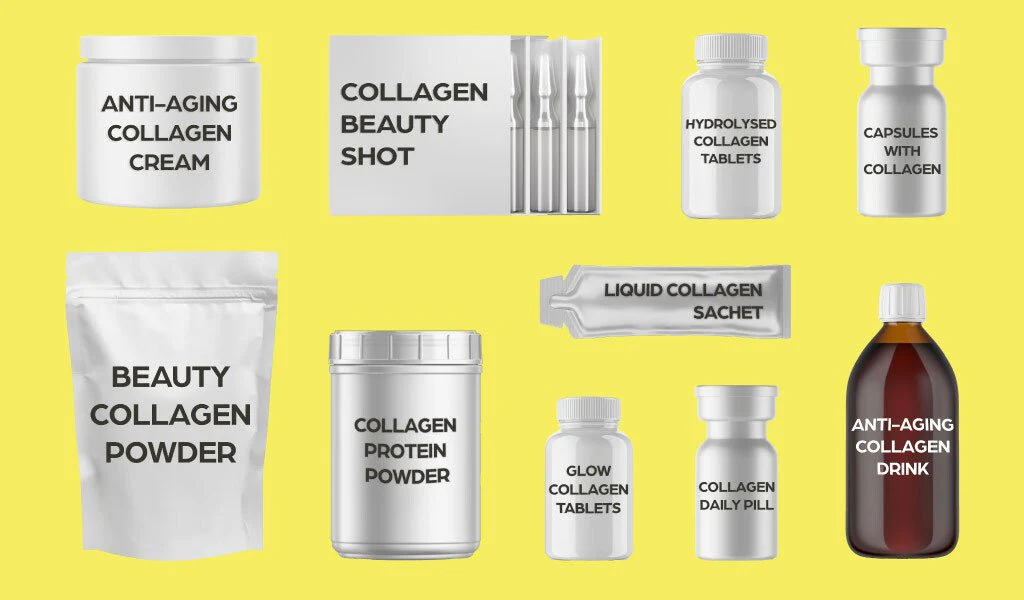
Часто задаваемые вопросы о коллагеновых добавках
Чем полезны коллагеновые добавки?
Коллагеновые добавки повышают эластичность кожи, уменьшают морщины и замедляют процесс старения. Кроме того, они укрепляют здоровье суставов, повышают плотность костей, делают их более крепкими, облегчают боль в суставах, восстанавливают мягкие ткани и мышцы, особенно у пожилых людей и спортсменов. Коллагеновые добавки также способствуют здоровому росту волос и ногтей.
Эффективны ли коллагеновые добавки?
Да, многие исследования доказали, что коллагеновые добавки работают. Длительный прием коллагеновых добавок может повысить эластичность и увлажненность кожи и уменьшить количество морщин. Для здоровья суставов, особенно для пожилых людей и спортсменов, коллаген также может уменьшить боль и воспаление в суставах и способствовать восстановлению суставного хряща. Однако уровень и продолжительность эффекта варьируются в зависимости от конкретного человека, и обычно его приходится принимать в течение нескольких недель или месяцев.
Безопасны ли коллагеновые добавки?
Коллагеновые добавки безопасны при употреблении в пределах рекомендуемой дозировки. Они в основном производятся из белка животного происхождения (коровьего, свиного, рыбьего или куриного) и, как правило, не имеют серьезных побочных эффектов. Однако у некоторых людей может возникнуть аллергия на некоторые источники коллагена (рыбу или моллюсков), поэтому при выборе источника следует проявлять максимальную осторожность. Беременным женщинам, кормящим матерям и людям с особыми медицинскими показаниями рекомендуется проконсультироваться с врачом перед употреблением коллагена.
Как долго действуют коллагеновые добавки?
Эффект от применения коллагеновых добавок также зависит от конкретного человека, но для достижения преимуществ в виде повышения эластичности кожи и здоровья суставов требуется от 4 до 6 недель непрерывного приема. В случае с уходом за кожей некоторые могут заметить более упругую и гладкую кожу уже через несколько недель, а для оздоровления суставов требуется время, и человек начинает ощущать заметные различия уже через 2-3 месяца.
Могут ли коллагеновые добавки вызвать повреждение печени?
При нормальном применении коллагеновые добавки не вызывают повреждения печени. Они состоят из натуральных белков и используются организмом после их расщепления. Однако чрезмерное употребление в течение длительного периода времени или низкое качество продукции может вызвать дискомфорт или расстройство желудка. При употреблении любой добавки следует придерживаться рекомендуемой дозировки и не допускать передозировки.
Вызывает ли коллагеновая добавка увеличение веса?
Коллагеновые добавки не способствуют набору веса. Коллаген - это низкокалорийный белок, который не откладывается в виде жира. Если вы придерживаетесь здоровой диеты, занимаетесь спортом и принимаете коллаген, добавки с коллагеном не окажут негативного влияния на ваш вес. Некоторые люди даже улучшили свое восстановление после тренировок благодаря коллагену, что способствует поддержанию контроля над весом.
Резюме
Выбор наиболее подходящего типа и источника коллагена - важнейший выбор для предприятий, производящих добавки. В соответствии с рыночным спросом, требованиями потребителей, а также различными источниками и способами применения коллагена, компании могут разрабатывать более конкурентоспособные продукты. Comehealth Компания предоставляет предприятиям помощь по принципу "одного окна" - от создания формулы до производства и упаковки, чтобы ваш бренд мог добиться успеха на рынке коллагеновых добавок.

